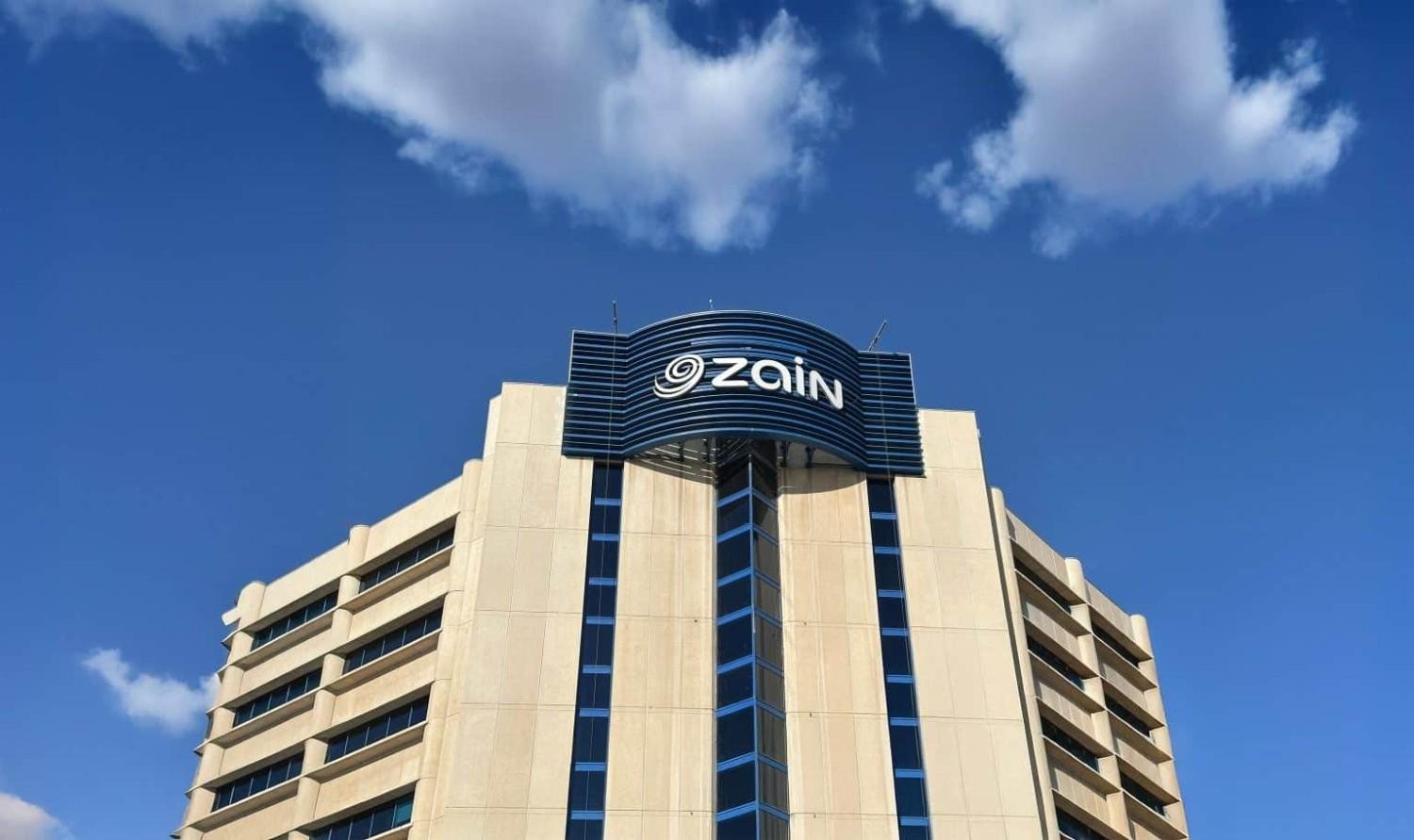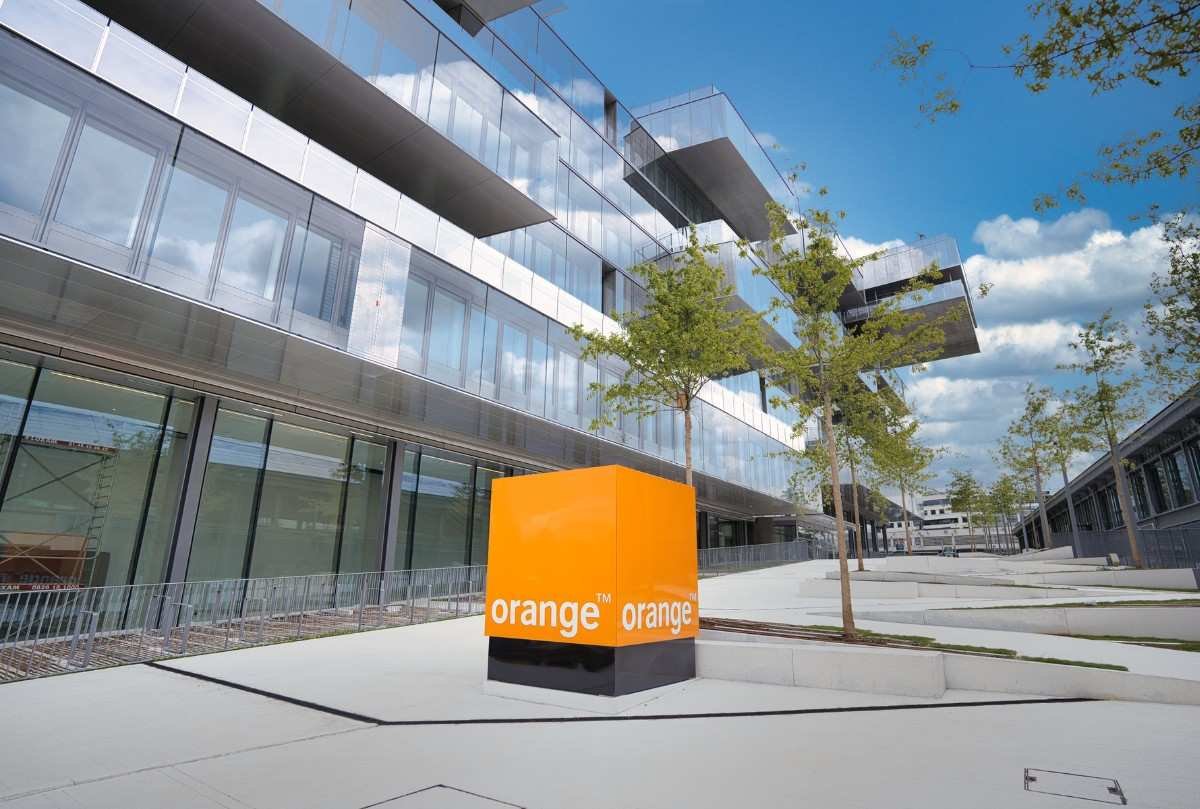Nokia has announced the successful results of a high-capacity optical transmission trial with Saudi Arabia’s state-run oil company, Aramco. The trial, which utilized Nokia’s sixth-generation Photonic Service Engine (PSE-6), achieved a remarkable 2.4 Tbps – the maximum possible speed per line card – on Aramco’s existing fibre network. The test was conducted on dispersion-shifted fibre, which helps reduce signal attenuation and dispersion.
Nabil Nuaim, Senior Vice President of Digital and IT at Aramco, highlighted the success of the collaboration, noting, “This successful demonstration shows that our fibre network is well-equipped to handle the growing demand for high-capacity traffic securely, as we look to future-proof our operations for next-generation technologies.”
Carlo Corti, Head of Optical Networks for the Middle East and Africa at Nokia, added, “This field trial underscores our commitment to innovation and delivering cutting-edge technology to our customers. Our PSE-6 super-coherent optics, including fibre sensing technology, ensure that Aramco’s network is not only highly efficient but also future-proofed for evolving demands.”
This trial follows closely on the heels of Nokia’s recent success in winning a deal to deploy a wholesale dense wavelength division multiplexing (DWDM) network for Ooredoo in Oman. The network, powered by Nokia’s 1830 Photonic Service Switch (PSS), will provide high-speed, low-latency connectivity for hyperscalers and wholesale customers and will go live by March 2025.
Nokia’s optical operations in the Middle East continue to expand with another significant collaboration with Saudi Arabia’s STC. Nokia Bell Labs Consulting and STC have unveiled a generative AI (GenAI) proof-of-concept designed to automate various aspects of service provision. This project, titled ‘AI for Provisioning Services,’ aims to significantly reduce both time to market and development costs by coordinating the configuration of multiple systems and resources from different vendors.
Tariq Al-Harbi, Vice President of Cloud and Network Services at Nokia, commented, “By introducing generative AI, we hope to revamp the service provisioning process and unlock new business opportunities for industrial operations in Saudi Arabia and beyond.”
The success of Nokia’s projects in Saudi Arabia and the Middle East reflects the company’s growing presence in the region. In the highly competitive telco vendor market, Nokia continues to secure major contracts, as it competes with rivals such as Ericsson, which is also vying for high-profile deals worldwide.















